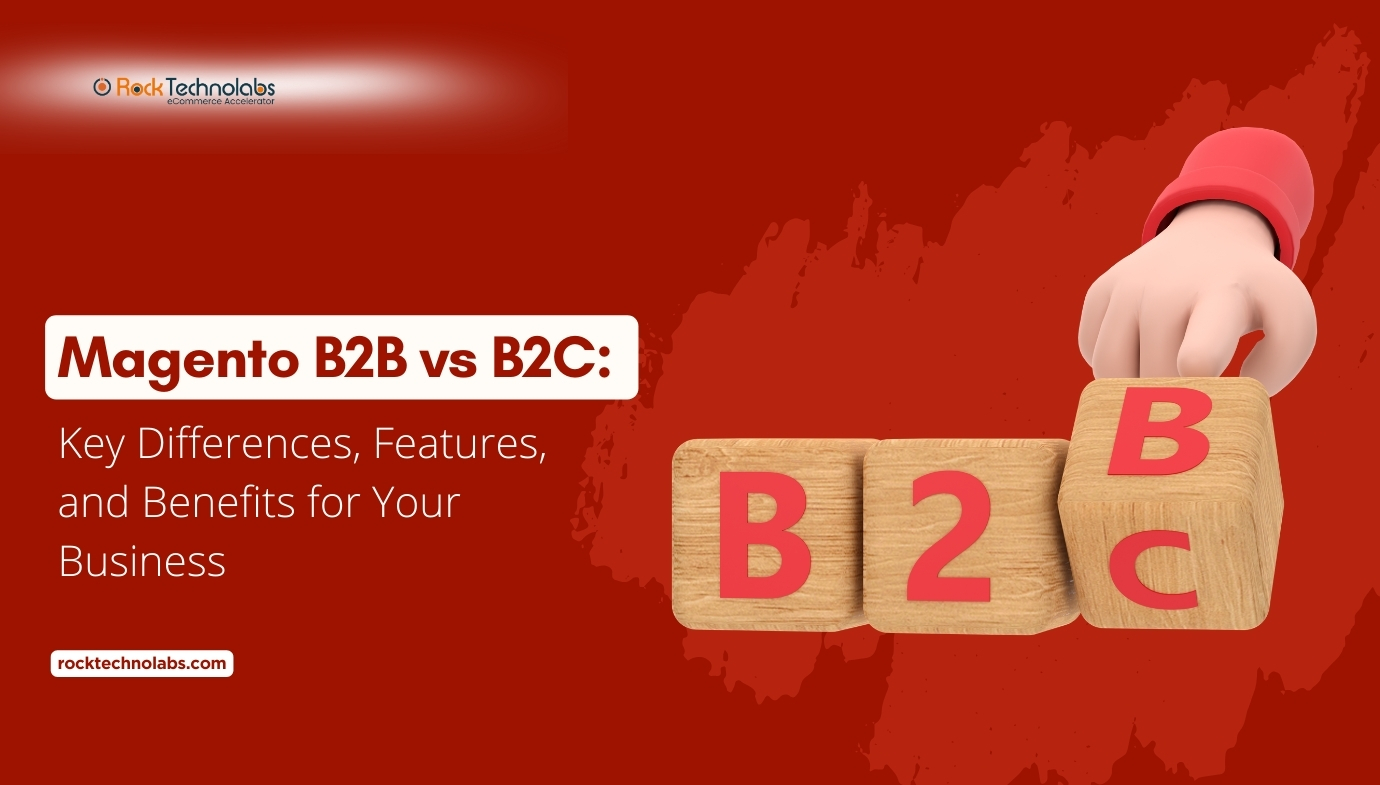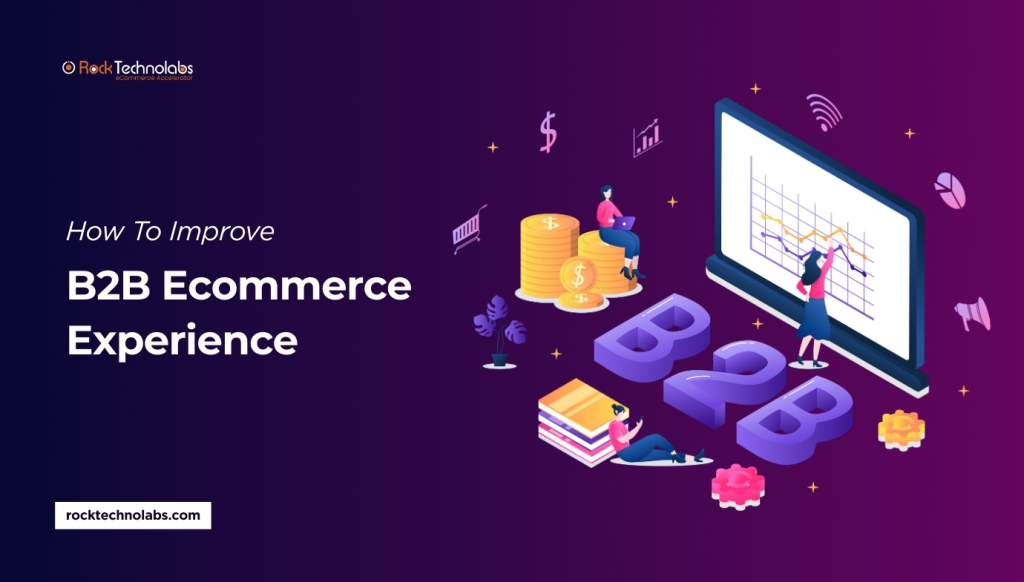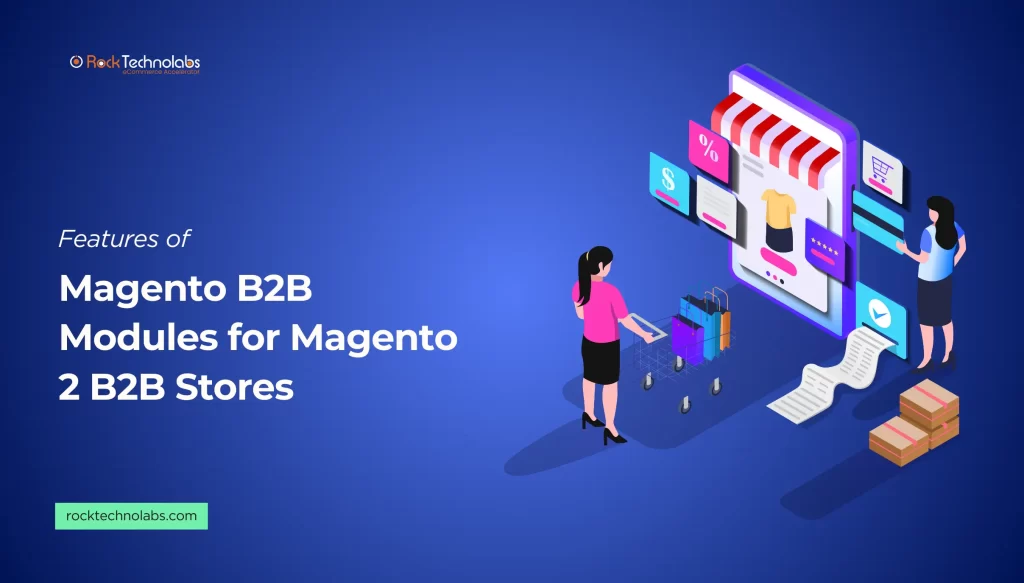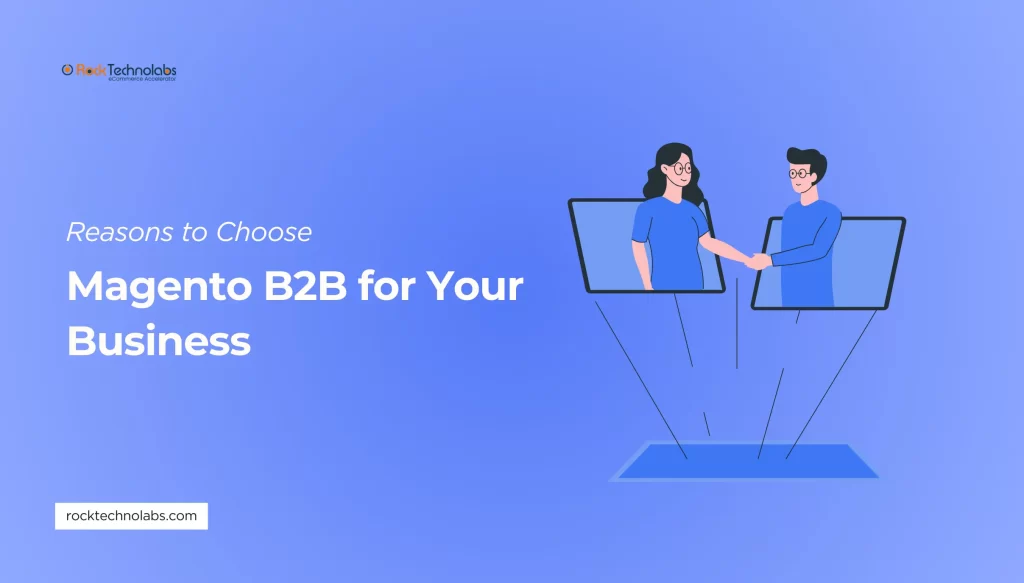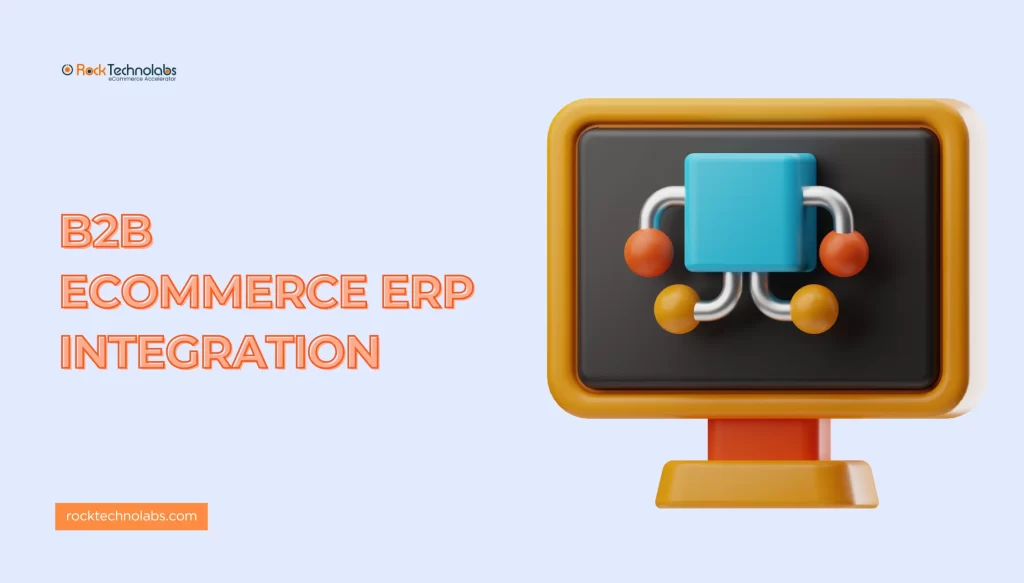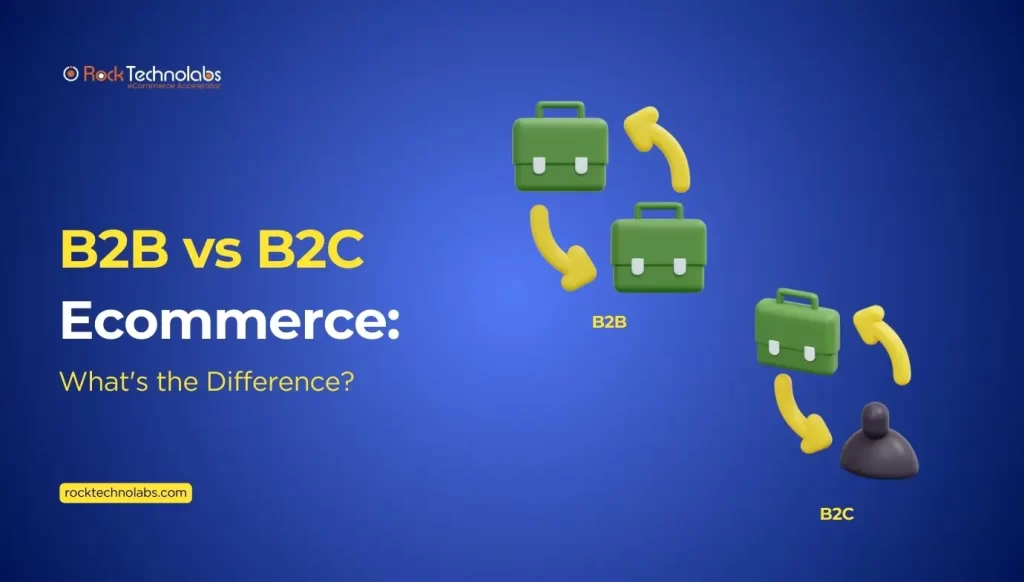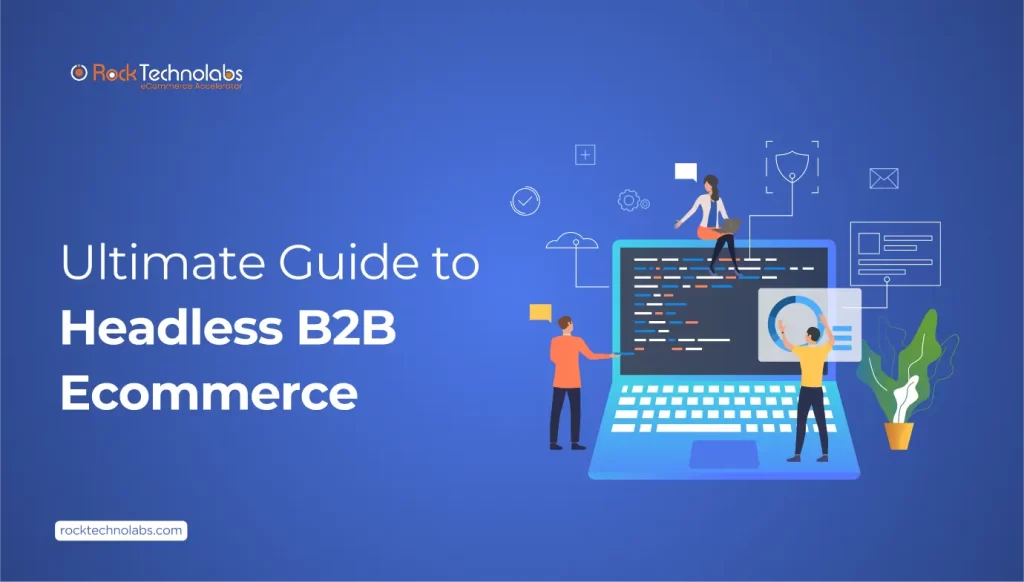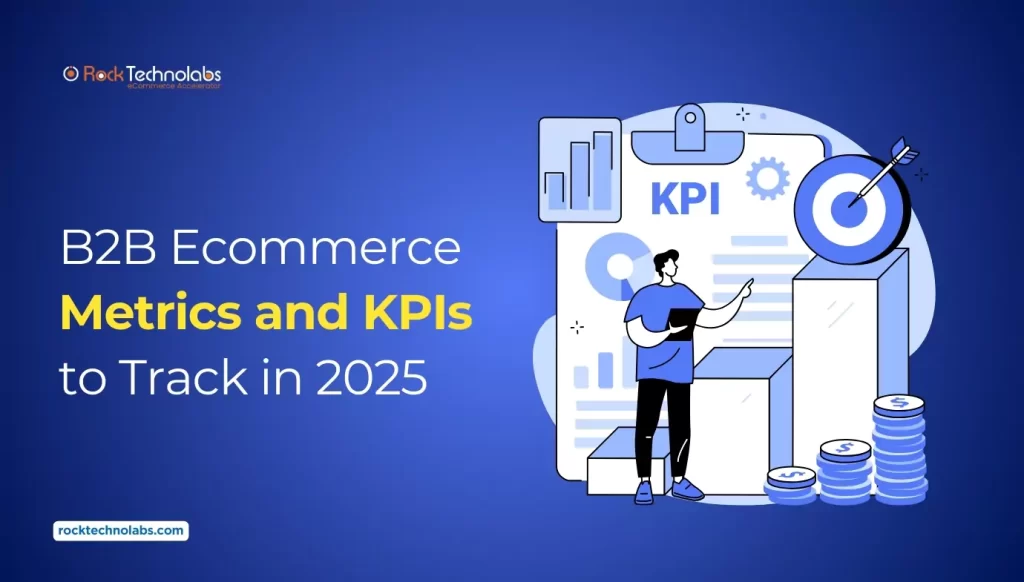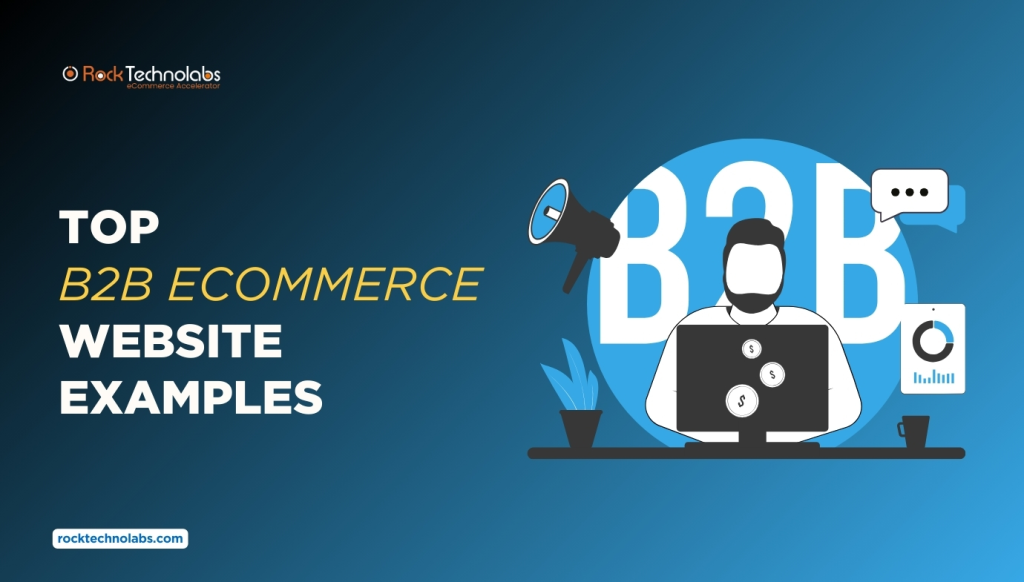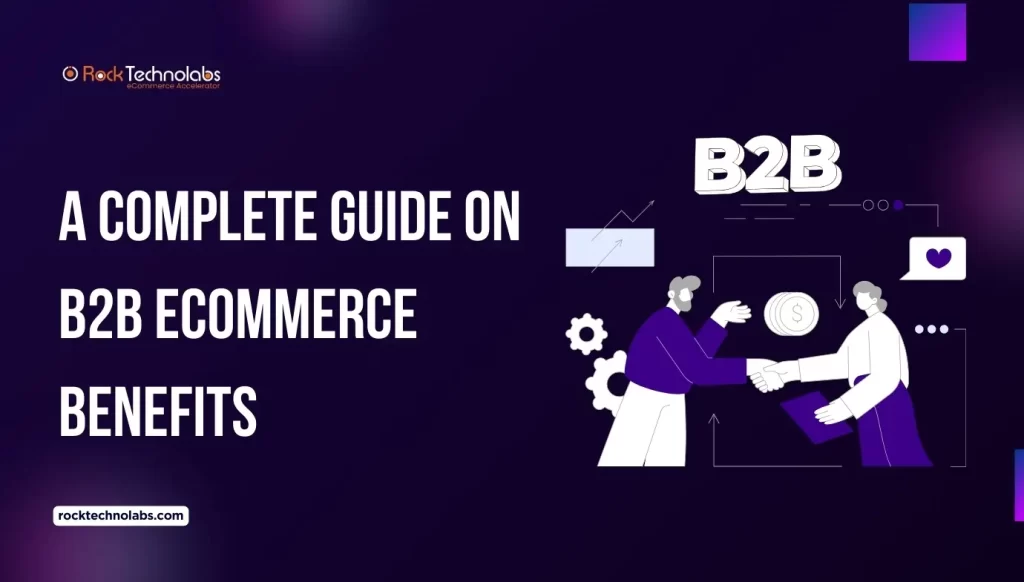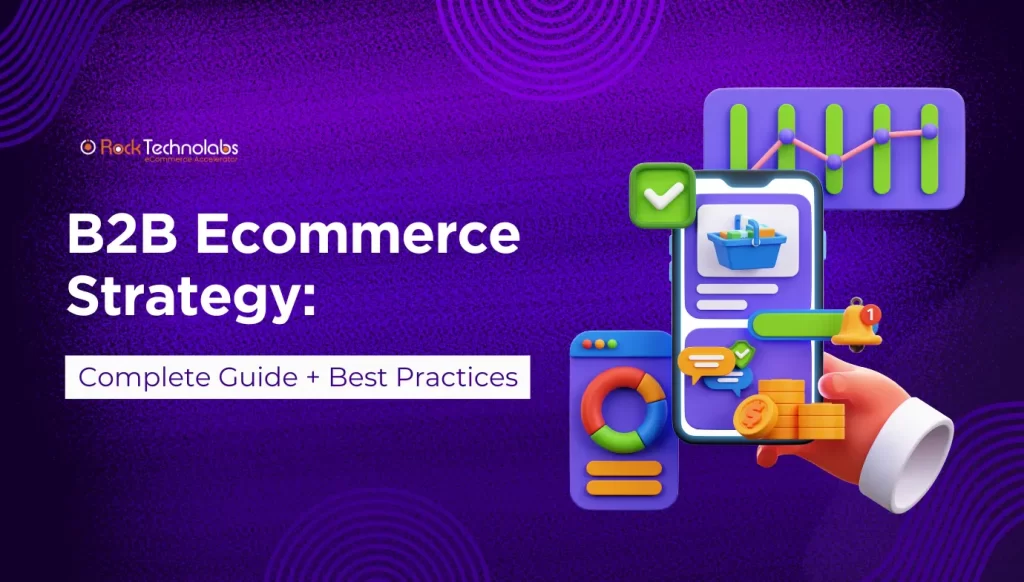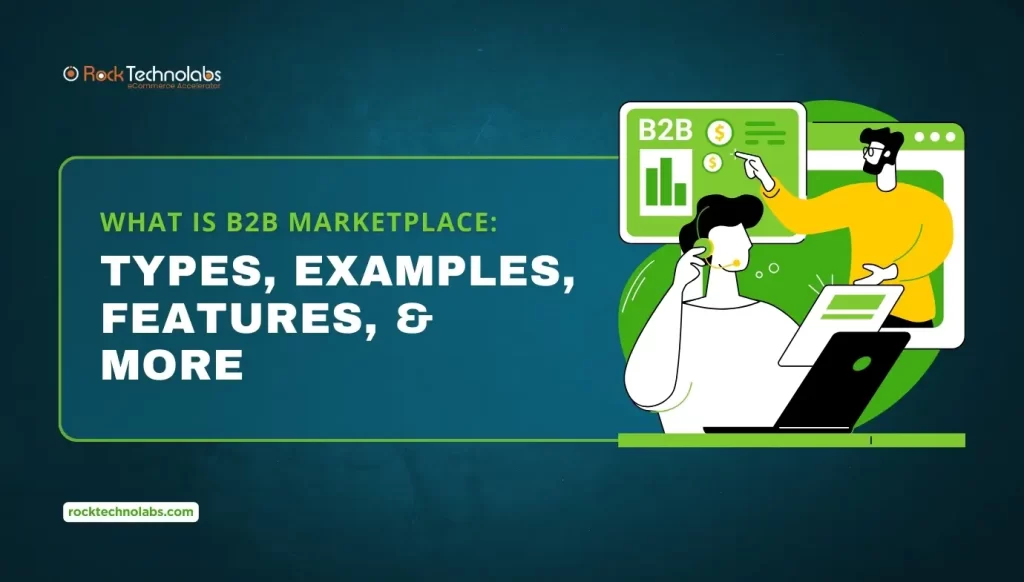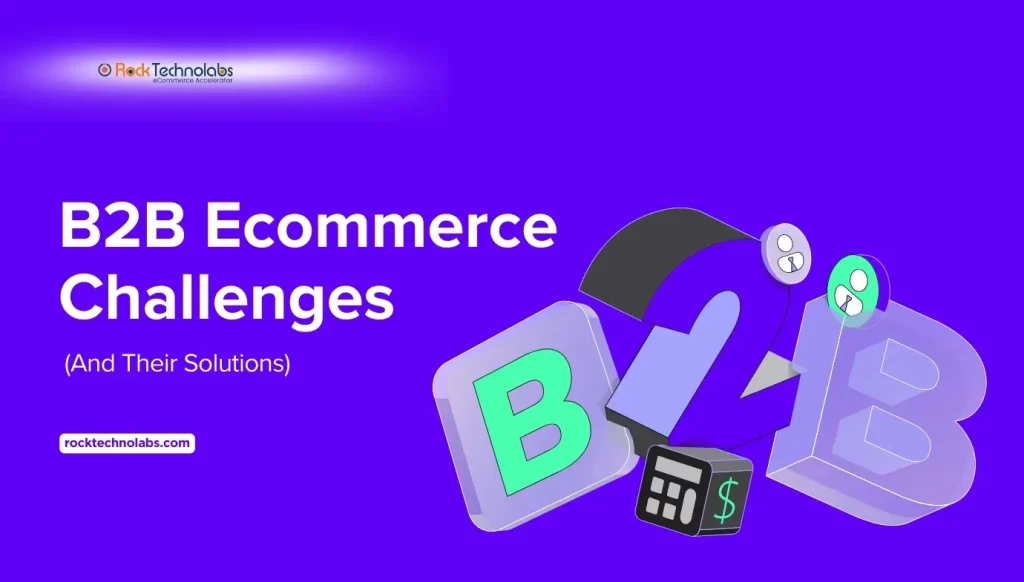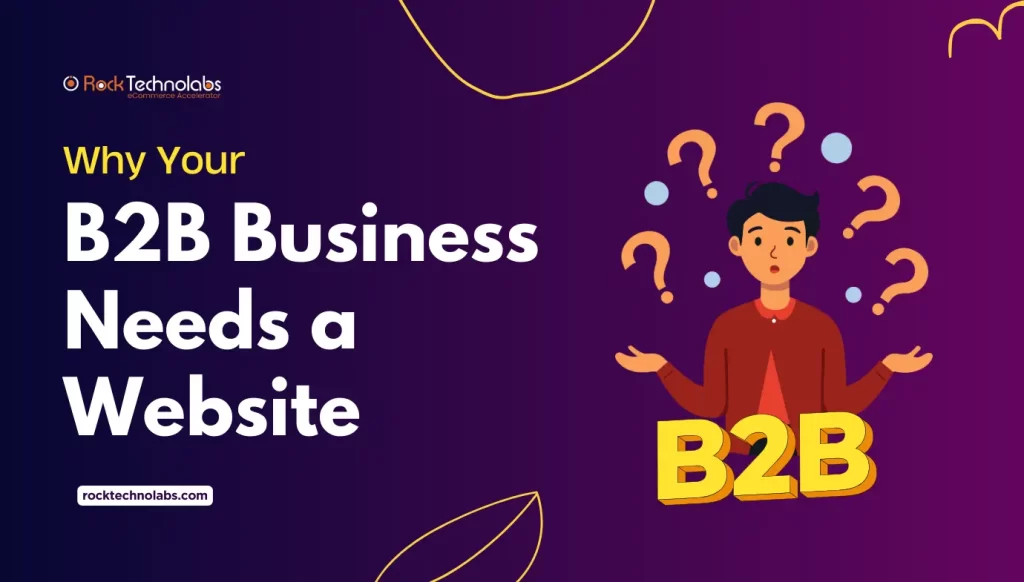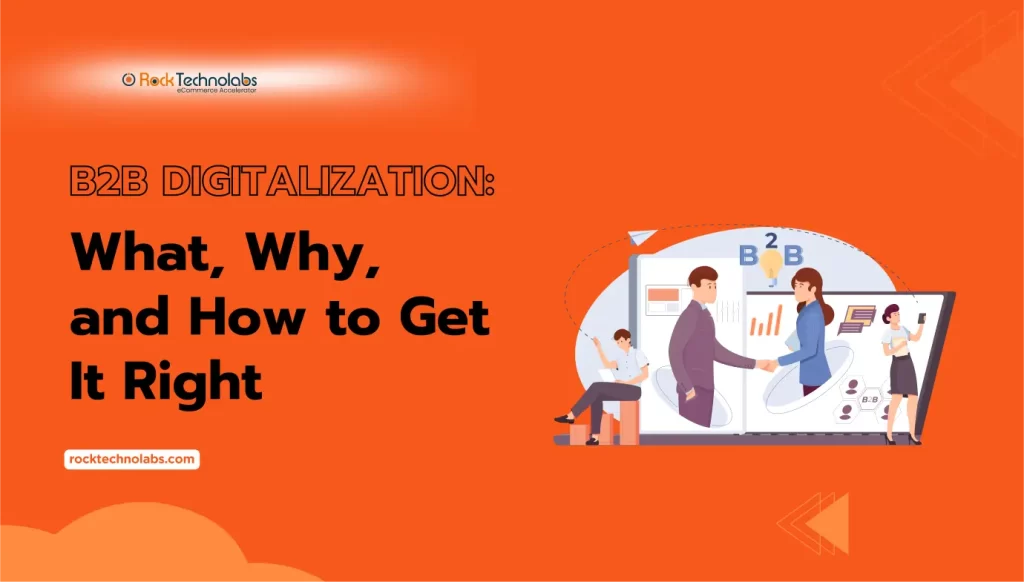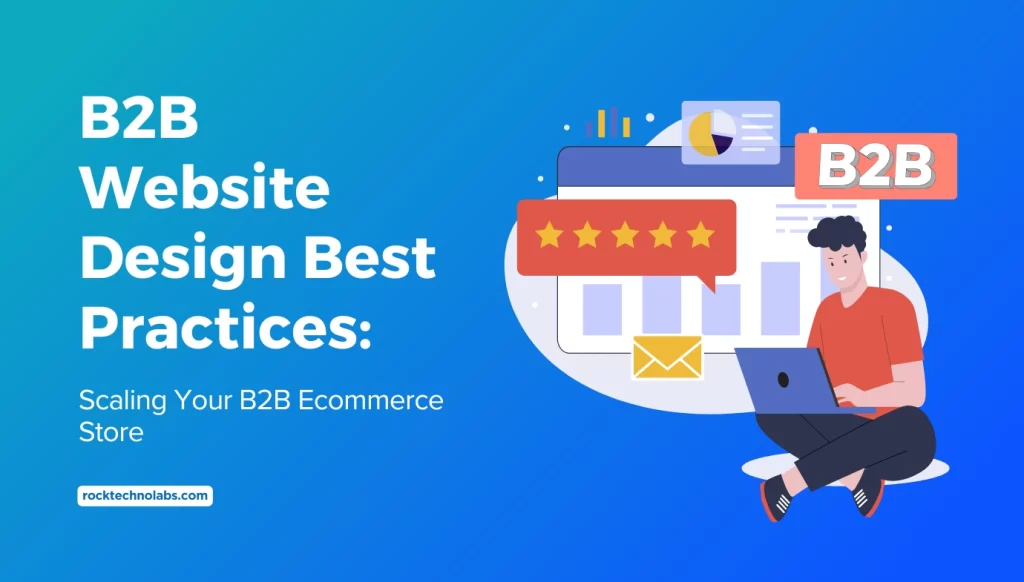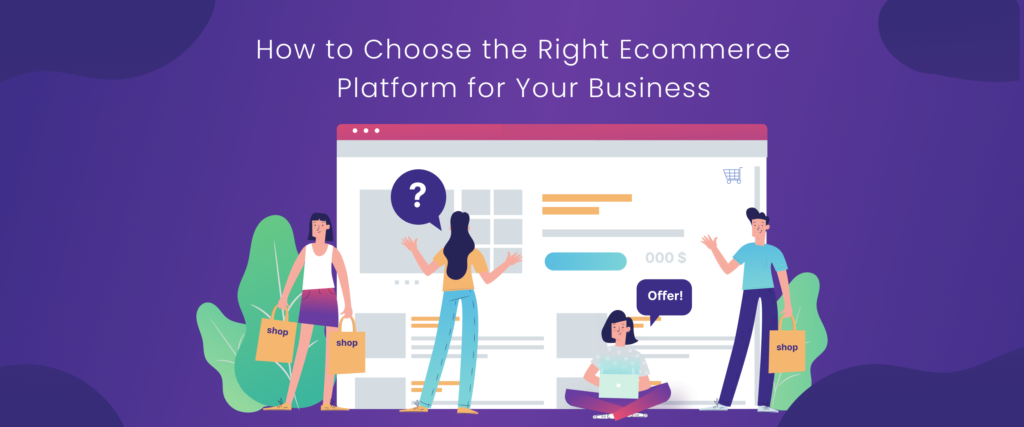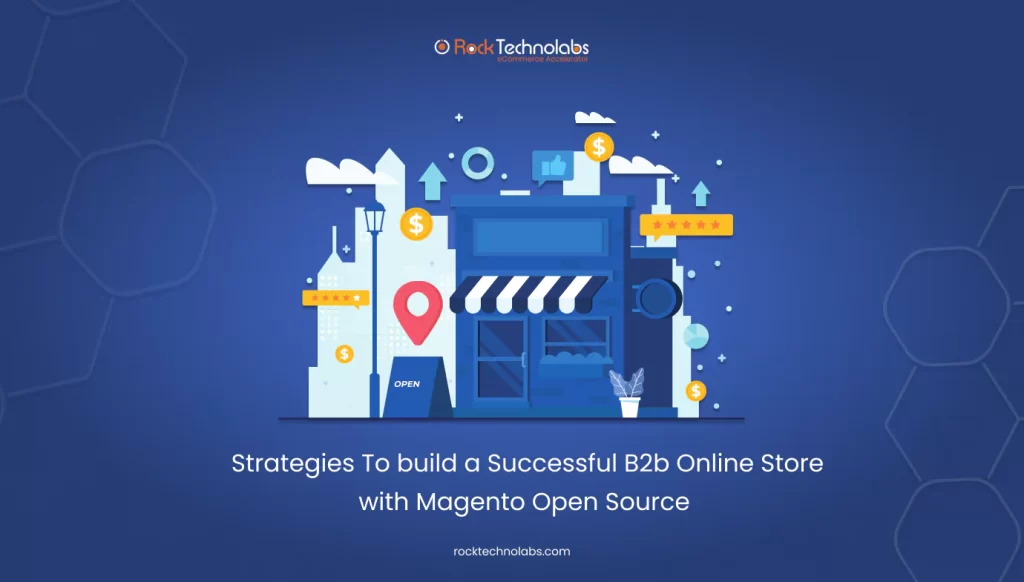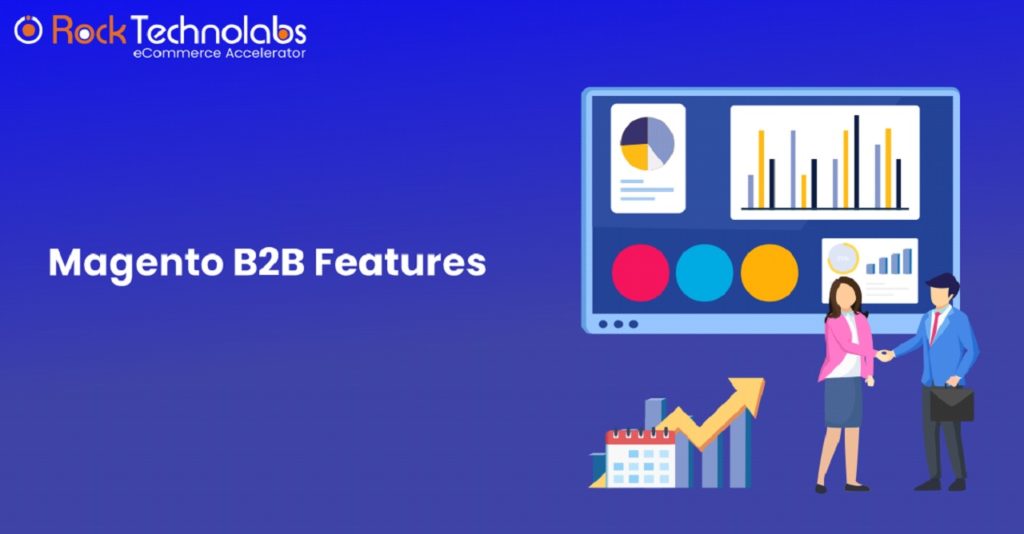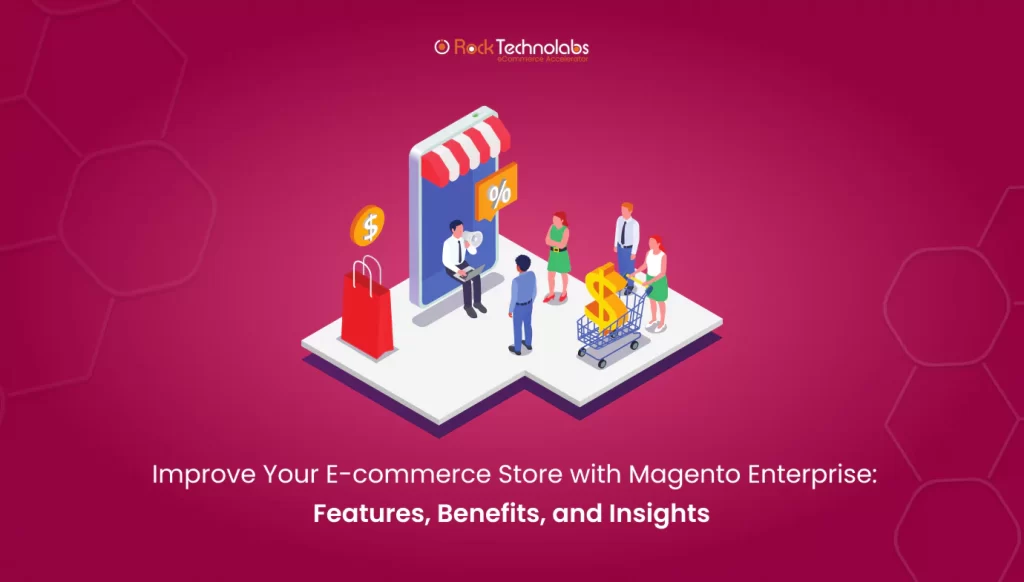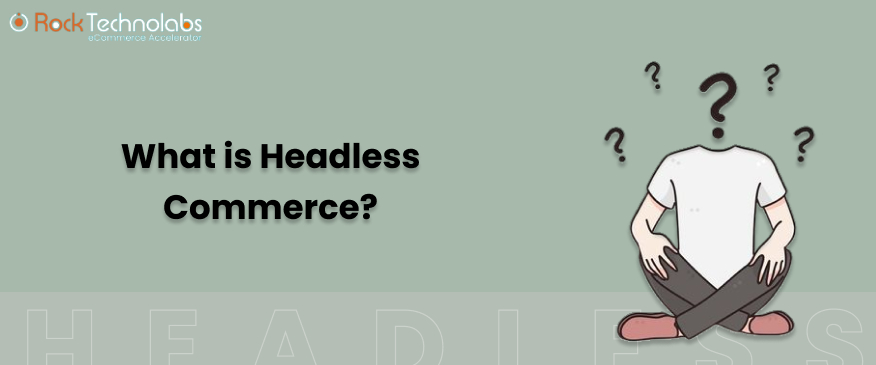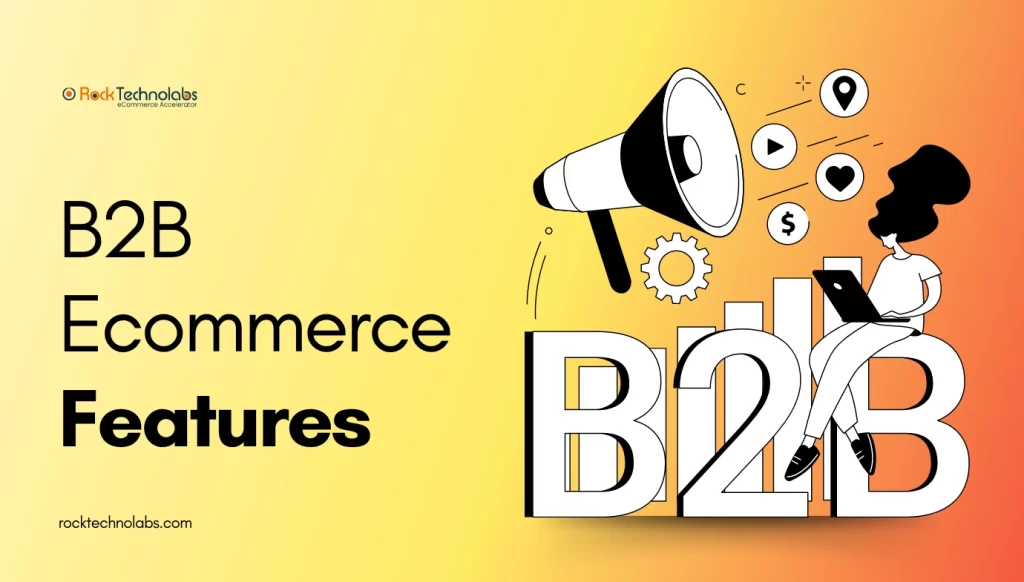Magento 2 is one of the top platforms in the constantly changing eCommerce space, enabling companies of all sizes.
Magento 2, which is well known for its scalability, flexibility, and strong features, serves a wide range of industries, from successful B2B businesses to busy B2C retailers.
Magento 2 is one of the world’s largest eCommerce platforms with 205,956 shops across the globe and an 8% eCommerce market share. Impressive numbers for Adobe in 18 years (Magento officially started development in early 2007).
Magento has changed the game for companies trying to build dynamic online stores and smooth shopping experiences. Today, Magento 2 is used by business giants and well-known brands such as Ford, Liverpool, Asus, Land Rover, and Coca-Cola.
Magento 2 offers specialized solutions that cater to your particular requirements, whether you’re managing a customer focused B2C brand or a wholesale B2B company.
However, what specific differences exist between the platforms for these two business models? What qualities and advantages make it ideal for both?
To explore these questions, let’s start by understanding the key differences between Magento B2B and B2C, their tailored features, and the benefits they offer to help you make an informed decision.
What is Magento B2B?
The term “Magento B2B Commerce” defines how businesses sell goods or services to other businesses using the Magento platform.
It emphasizes features like bulk ordering, custom pricing, long term client relationships, account based purchasing, and complex workflows tailored to the needs of clients.
B2B buyers need efficient procurement processes, and Magento delivers features like advanced account management and automated workflows.
What is Magento B2C?
Magento B2C, on the other hand, focuses on companies selling their products to individual customers directly. It prioritizes intuitive navigation, personalization, user experience, fast checkout processes, and marketing tools to engage a broad audience.
It’s built for businesses aiming to deliver seamless shopping experiences with robust marketing tools and a responsive design that caters to today’s mobile shoppers.
The primary difference lies in their target audience and functionality: Magento B2B caters to structured, high-volume transactions often involving negotiations, while Magento B2C aims to deliver seamless, user friendly experiences for single or smaller-scale purchases.
This distinction drives how businesses configure their stores and strategize customer engagement.
12 Key Differences Between Magento 2 B2B and B2C
| Feature | Magento 2 B2B | Magento 2 B2C |
| Target Audience | Businesses buying in bulk or engaging in long term contracts. | Individual consumers seeking seamless shopping experiences. |
| Catalog Management | Customizable catalogs with personalized pricing for specific accounts, product configurations | Standardized catalog with promotional pricing and discounts, product filtering, and sorting |
| Order Volume | Handles large, bulk orders with tailored workflows. | Caters to smaller, frequent, and one-time purchases. |
| Customer Management | Company accounts, multiple user roles, and custom permissions | Individual customer accounts, order history, and loyalty programs |
| Order Management | Complex order management, quote management, purchase orders | Simple order management, order tracking, returns |
| Pricing Strategy | Tiered pricing, wholesale pricing, custom pricing | Fixed pricing, discounts, promotions |
| Product Offerings | Bulk products, customizable products, complex products | Standard products, simple products, bundled products |
| Payment Options | Offers payment on credit, invoicing, and negotiated terms | Provides standard online payment options like credit cards, wallets, COD etc. |
| Checkout Process | Supports quote-based orders and purchase approvals. | Streamlined checkout for fast and user-friendly transactions. |
| Shipping & Fulfillment | Custom shipping options, freight calculations, and drop shipping | Standard shipping options, rate calculations, and order tracking |
| Marketing Tools | Limited marketing tools, emphasizing relationship management. | Advanced marketing tools like email campaigns and product recommendations. |
| Integration Needs | Requires ERP, CRM, and other business system integrations. | Focuses on integrating marketing and analytics tools. |
Differences Between Various Magento Solutions
Magento Open Source
Ideal for small and medium size businesses as it provides a more adaptable eCommerce environment suited both (B2B and B2C).
Magento Commerce
Solution for all medium and large enterprise setups having size and scale, especially more geared up, carrying ecommerce advanced features like quote and tiered pricing capabilities.
Magento Commerce Cloud
Designed for larger businesses and enterprises, with advanced security, scalability, and performance capabilities in the cloud for both B2B and B2C eCommerce.
Key Features of Magento 2 B2B
Magento B2B offers a range of features and functionalities to support B2B ecommerce, including:
- Company accounts and hierarchies
- Customizable workflows and approvals
- Quote management and negotiation
- Advanced inventory management
- Integration with ERP and CRM systems
Go through our article on b2b ecommerce features for more details.
Key Features of Magento 2 B2C
Magento B2C offers a range of features and functionalities to support B2C ecommerce, including:
- User friendly interface and responsive design
- Advanced product management and cataloguing
- Robust order management and fulfilment
- Integrated payment gateways and shipping options
- Built in analytics and reporting
How to Decide Between Magento 2 B2C and B2B
1. Understand your business model
To choose between these two you have to first know your business model.
You are selling your products and services to other businesses and are dealing with huge volumes then Magento B2B is for you.
And if you want to sell your products directly to individual customers then opt for Magento 2 B2C model.
2. Define Your Customer Base
B2B Customers: They value efficiency, customization, and processes like quotes, bulk orders, and corporate account management.
B2C Customers: They prioritize intuitive shopping experiences, attractive promotions, and fast checkouts.
3. Consider Your Sales Process
B2B sales often involve longer decision cycles, purchase approvals, and repeat orders. Magento 2 B2B supports these workflows seamlessly.
B2C sales are more impulse driven, so Magento 2 B2C focuses on creating engaging storefronts and streamlined checkouts.
4. Evaluate Your Budget and Resources
B2B implementations may require more investment in integrations (e.g., ERP, CRM systems) and customizations.
B2C businesses can leverage Magento’s built in tools to quickly launch and scale their stores.
Magento B2B & B2C eCommerce: Rock Technolabs Is Your Way to Go!
Magento is indeed an all rounder for ecommerce, targeting B2B and B2C businesses. In the case of B2C, Magento provides user-friendly storefronts, marketing tools, and seamless checkout experiences that allow businesses to engage with individual consumers and drive conversions.
While, Magento B2B provides customized pricing and mass order capabilities along with connection to business systems, empowering businesses to cater to another business’s specific needs. Its scalable infrastructure, being mobile friendly, and a great amount of customization options make Magento capable of helping B2B as well as B2C businesses create successful online stores and optimize operations.
Reach us at Rock Technolabs now and make your B2B or B2C eCommerce dreams come true. Unlock the full potential of Magento and take your business further with it into the competitive world of eCommerce.
Be rest assured; the B2B or B2C eCommerce platform would be in expert hands by bringing it to Rock Technolabs. For any Magento services like Magento website development services, extension development, magento hyvä theme development services, B2B development, or magento migration services, you can connect with our experienced professionals anytime.


